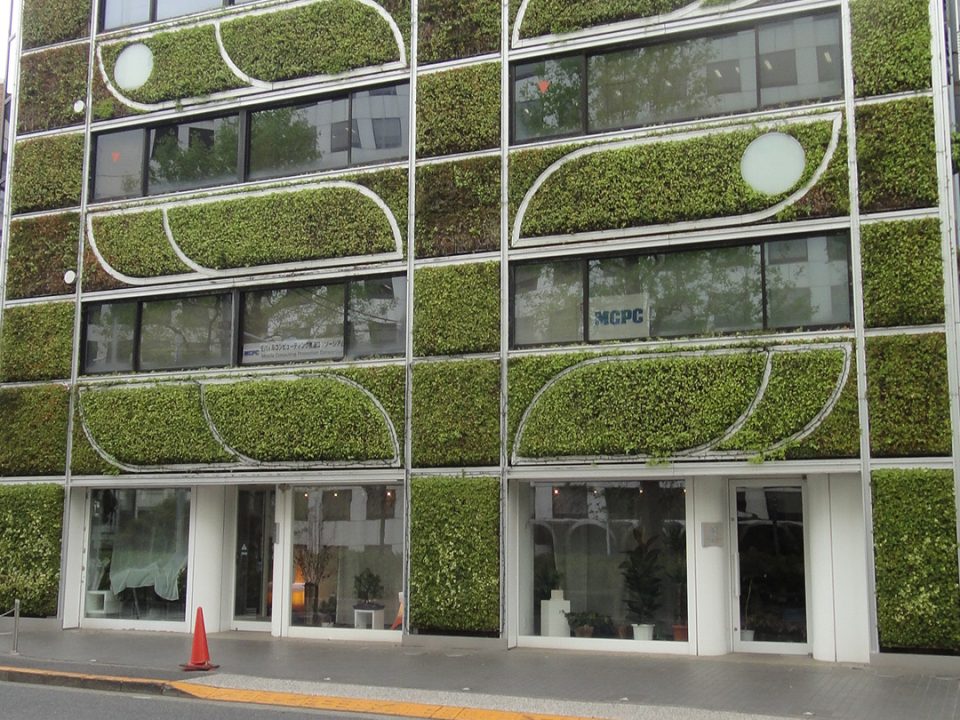Personal income taxes are high in Belgium and may be a barrier for the recruitment of foreign employees or the assignment of staff to Belgium. Since many years, Belgium has installed a special expatriate fiscal regime.
The special regime can be applied for non Belgian employees with management functions, specialist skills or research functions. The regime allows foreign companies to invest in Belgium or enables Belgian companies with international operations to reduce the salary costs for foreign employees.
In order to access the special regime, a formal application is to be made within 6 months of arrival (not including the month of arrival). In the application file one must indicate that the employment in Belgium will be of a temporary nature and that the primary economic interests of the employee are maintained outside Belgium.
Under the special expatriate fiscal regime the employee is always treated as a non resident of Belgium for taxation purposes (even if the family moves to Belgium for a number of years the non resident status is granted). The regime offers different benefits, such as for example:
• Foreign business travel exemption: the portion of income that relates to professional activities conducted outside Belgium is not taxable in Belgium, provided that a detailed travel calendar is kept each year and that professional presence outside Belgium can effectively be proven.
• Exempt Moving Expenses: the payment or re-imbursement of moving expenses to and from Belgium and expenses to prepare the Belgian home or to repair/clean the home at departure, do not constitute Belgian taxable income. There is no limit as to the amount, which can be exempt.
• Children School Fees Exemption: the payment or re-imbursement of childrens’ school fees (age 6-18 years) in an international school is not taxable in Belgium. The amount of exempt school fees is not limited
• Cost of Living Allowance: payments by the employer to compensate for a higher cost of living in Belgium are not taxable in Belgium up to certain annual limits.
• Housing allowance: an allowance to cover housing cost differences between Belgium and the country of origin of the expatriate can be exempt from taxation up to certain annual limits.
• Tax Equalisation: payments by the employer to cover tax differences between Belgium and the country of origin of the expatriate can be exempt in Belgium up to certain annual limits.
• Other allowances: any other allowance, paid by the employer to cover recurring expenses related to the assignment to Belgium can be exempt from tax (for example exchange rate losses).
• Limitation of exemptions: except for moving expenses and international school fees, the exemptions from tax for expatriate allowances are limited to:
o EUR 11,250 per year: for an employee, working with a commercial or industrial function.
o EUR 29,750 per year: for an employee with coordination tasks or with a research function.
• Home leave: an employer can pay an annual tax-exempt home leave (travel to the foreign home location) and cover additional travel expenses for children studying abroad. These are included in the 11,250 euro or 29,750 euro limit on allowances, except in emergency situations (for example in case of serious illness of a close relative).
• Passive Income: Passive income from a non Belgian source is not taxed in Belgium (ie investment income or income from a property located abroad).



